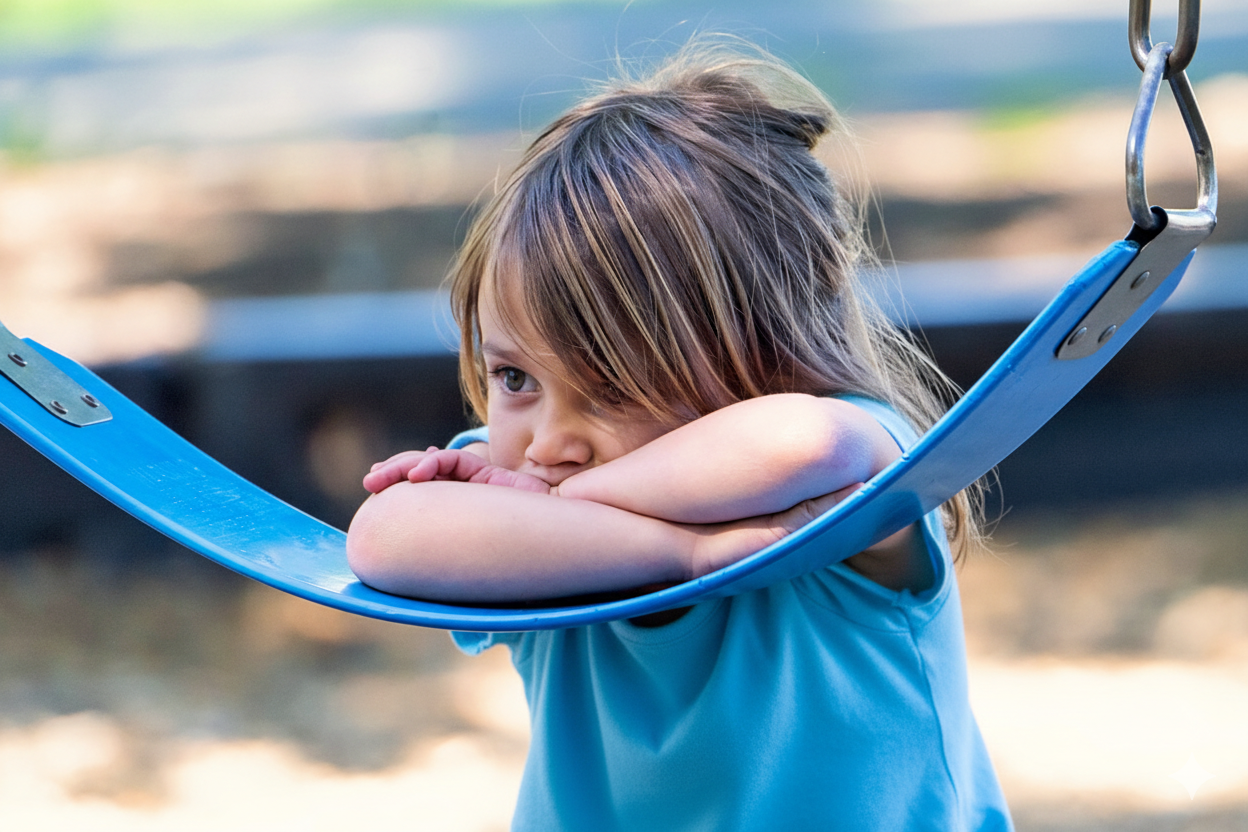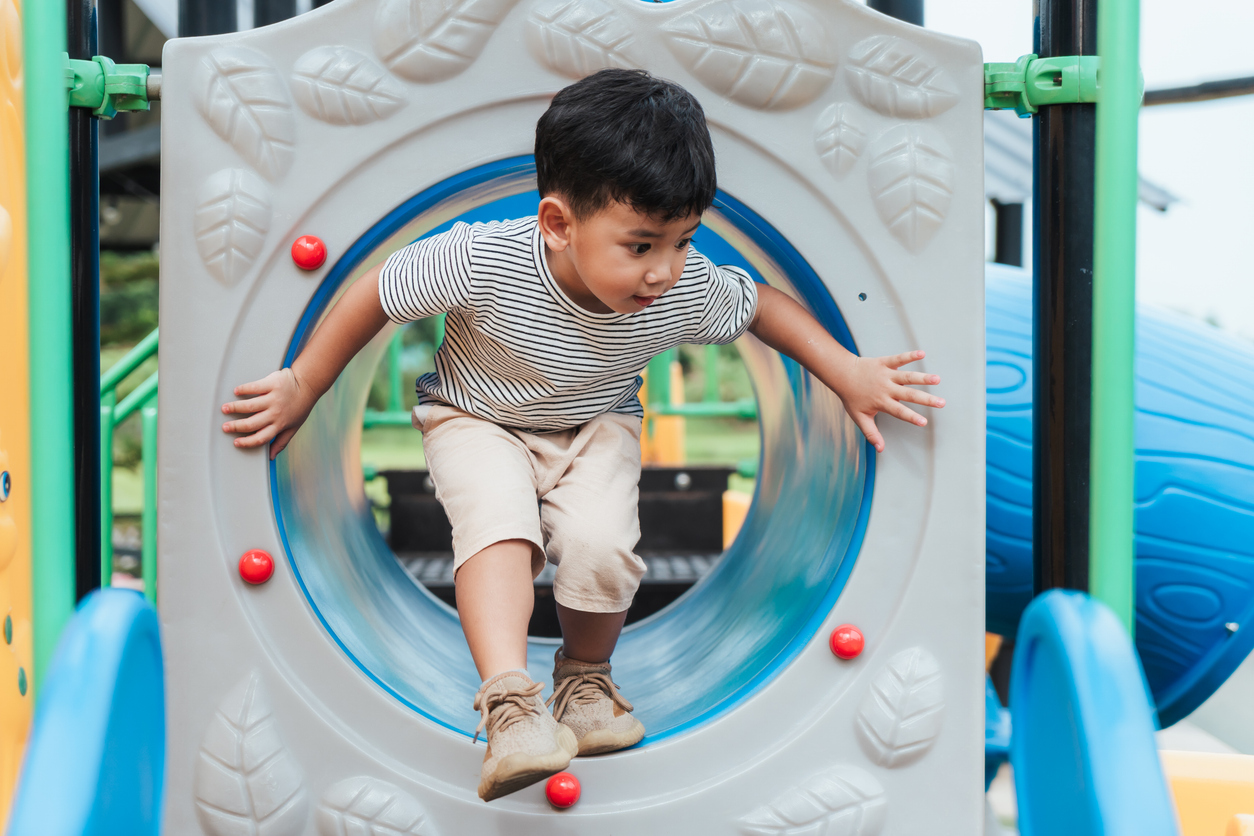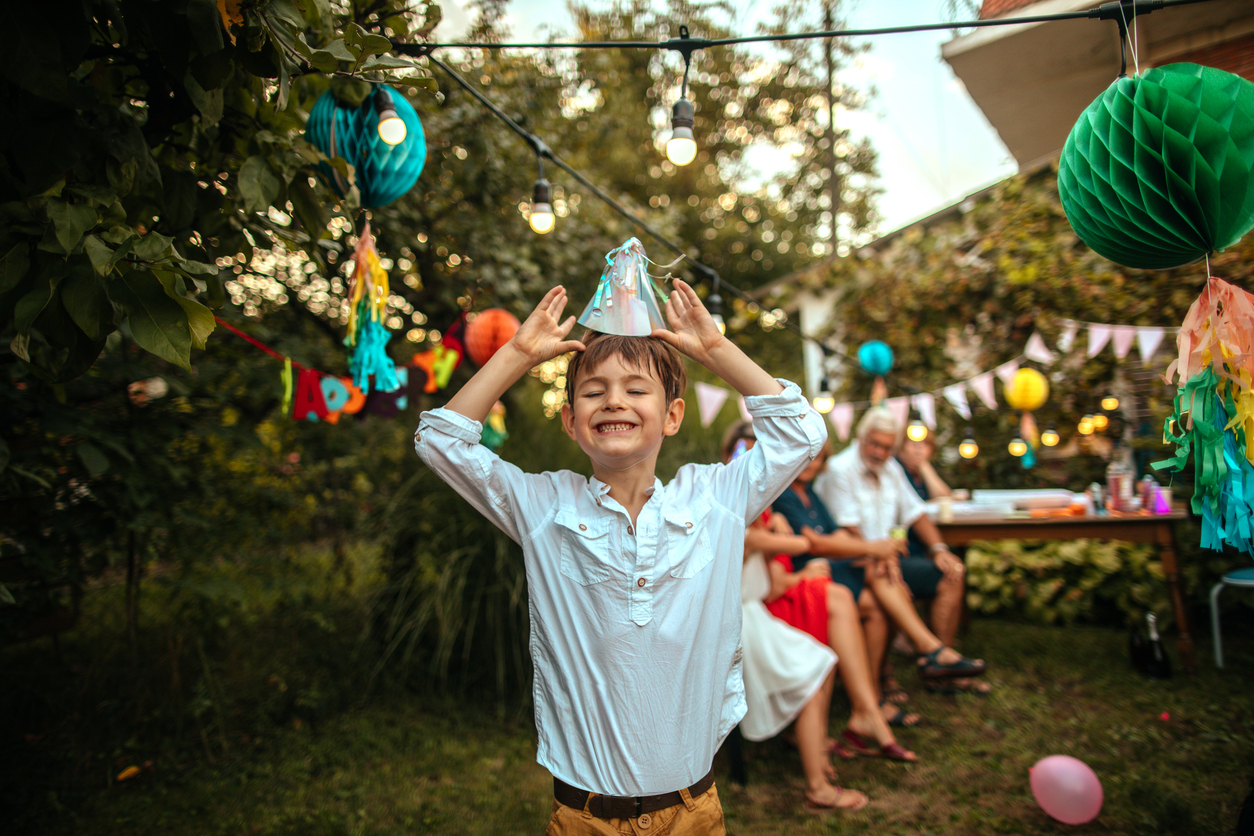How to Support Your Child’s Mental Health

The scraped knees and runny noses of early childhood are easy to spot and treat. But what about the invisible part of your child’s health: their emotions, their sense of safety, their ability to handle disappointment? Your child’s mental health is just as important as their physical health.
What Mental Health Looks Like in Young Children
A child with good mental health feels safe and loved. They’re curious about the world around them. They smile and laugh, shake off small disappointments, and show affection to the people who care for them. The simple, everyday moments, like exploring a new park, giggling at silly faces, snuggling before bed, are signs your child is developing a strong mental foundation.
When You Might Need Extra Support
Of course, no child feels curious, happy, and confident every single day. All children have rough days: tantrums, tears, clinginess, and meltdowns are a normal part of growing up. But there are times when it’s better to reach out for help.
Trust your instincts if your child seems sad, worried, or withdrawn for weeks at a time. Pay attention to significant changes in how they act, such as:
- ongoing trouble falling asleep or staying asleep
- losing interest in favorite activities or play
- avoiding friends or social situations
- showing signs of self-harm or neglecting basic needs
It’s important to know that just like adults, young children can also experience mental health conditions like anxiety, depression, behavior or conduct challenges, obsessive-compulsive disorder, or post-traumatic stress. While this might feel overwhelming to hear, don’t worry: childhood mental health conditions can be treated and managed. With the right support, children learn healthy ways to understand and express their feelings, and they can absolutely thrive.
You can find more resources and information about children’s mental health at CDC’s website.
Simple Ways to Support Your Child’s Mental Health
You don’t need special training or perfect parenting skills. What your child needs most is you: present, caring, and consistent. And many of the most helpful things you can do are already part of your day.
Listen to them, even when their words don’t quite make sense yet
Let them know you’re there. Sometimes just naming an emotion, like “You seem frustrated” or “That made you happy!”, helps them start to understand what they’re experiencing.
Make time to play together
Play is one of the most powerful tools you have as a parent. When you join their games, sing, or build with them, you’re doing more than having fun. You’re helping them express emotions, ease stress, and grow more confident while strengthening your bond.
Keep daily life predictable as much as possible
Regular mealtimes, playtime, and bedtime help children feel secure in a world that often feels big and confusing. Let them know what’s coming up that day or week, and include them in simple plans.
Show them how you handle big emotions
When you take deep breaths, talk about your feelings calmly, or take a moment to regroup, they’re watching and learning. You’re teaching them that everyone has hard moments and that there are healthy ways to work through them.
Spend time outdoors together when you can
Fresh air, movement, and nature have a calming effect on children (and adults). A walk around the block or time at the playground can reset everyone’s mood.
Follow their lead
Let your child take the spotlight: join in their play, listen to their stories, and show real curiosity about what excites them. When you follow their interests, you help them feel seen, confident, and understood.
Taking Care of Yourself Matters Too
Raising children is beautiful and exhausting, often at the same time. When you’re running on empty, it’s harder to be the calm, present parent you want to be.
Taking care of your own mental health isn’t selfish. It’s essential. Reach out to friends, family, or a professional when you need support. Take breaks when possible, even small ones. Be as gentle with yourself as you are with your child.
One Last Thought
Building mental health is a journey, not a destination. You’re not trying to create a child who never feels sad or frustrated; that’s not realistic or even healthy. You’re raising a child who knows they’re loved, who feels safe, and who can navigate life’s challenges with resilience.
Every time you comfort them, read together, or share a moment of joy, you’re building exactly that foundation.





















